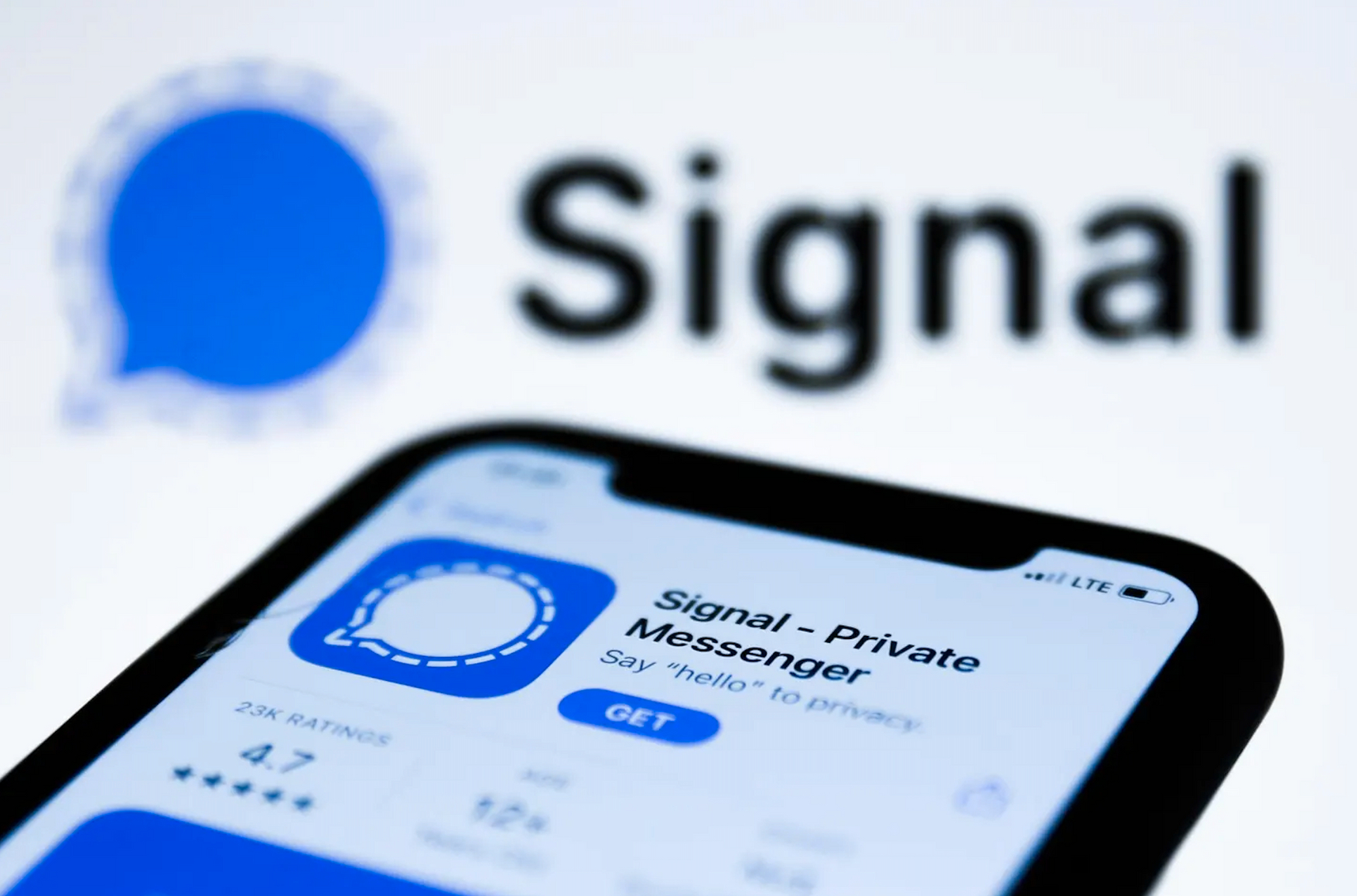
Russia’s state communications watchdog, Roskomnadzor, has blocked access to the Signal messaging app across the country, citing the platform’s apparent non-compliance with anti-terrorism legislation, according to a report by the business publication RBC.
A statement from Roskomnadzor’s press service read:
“Access to the messenger Signal is restricted due to violation of the requirements of Russian legislation, the fulfillment of which is necessary to prevent the use of messenger for terrorist and extremist purposes.”
Earlier on August 9, reports emerged that Signal had started being blocked in Russia, with the services Сбой.рф and Downradar recording a surge in complaints regarding the messenger's functionality.
Signal is widely regarded as one of the most secure messaging platforms due to its use of end-to-end encryption for all messages and calls, which is believed to safeguard correspondence from interception by mobile carriers and intelligence agencies.
Russian users began reporting access issues with the app on the evening of August 8. Mikhail Klimarev, executive director of the Society for the Protection of the Internet («Общество защиты интернета»), suggested on his Telegram channel ZaTelecom that the disruptions may be linked to the Ukrainian military's ongoing incursion into Russia's Kursk Region:
“Someone within these 'special services' likely mentioned that the Ukrainian Armed Forces communicate via Signal, leading to the decision to 'disrupt the interaction of enemy units’ by blocking [Signal] across the entire country.”
Mass YouTube outages have been reported across Russia over the past week, with users saying they could only access the platform through Virtual Private Networks (VPNs). The video hosting platform isn’t formally banned in Russia, but failures and slowdowns have become more frequent.
The Russian government has reportedly been deliberately slowing down YouTube since July while “attempting to shift responsibility” for the disruption onto Google, according to an anonymous source in the Russian telecom industry who was cited by the independent news outlet Meduza.
Russia plans to continue “degrading” YouTube’s operations in the country and intends to start blocking the platform in September, the pro-Kremlin news outlet gazeta.ru reported on July 12, citing an anonymous Kremlin source. A second unnamed source also mentioned plans to block YouTube later this fall.
The Kremlin, however, denied that it had started restricting access to YouTube, attributing the issues to outdated equipment.
“The problem is with equipment that hasn’t been updated for more than two years,” said Kremlin spokesman Dmitry Peskov. “It’s YouTube that has taken this position regarding our market; we weren’t the initiators. Leaving this market has its own technological consequences,” Peskov added.
YouTube, used by over 50 million Russians every day, is one of the last major bastions of free speech in the country. Opposition politicians and bloggers, as well as independent media outlets, use the platform to counter Russian state propaganda.
The Kremlin has certainly taken notice. Opposition politician Ilya Yashin was handed an 8.5-year prison sentence in December 2022 for a YouTube stream in which he denounced the Russian military’s crimes in the Ukrainian city of Bucha. Yashin was recently released as part of the largest prisoner exchange between Russia and the West since the end of the Cold War.